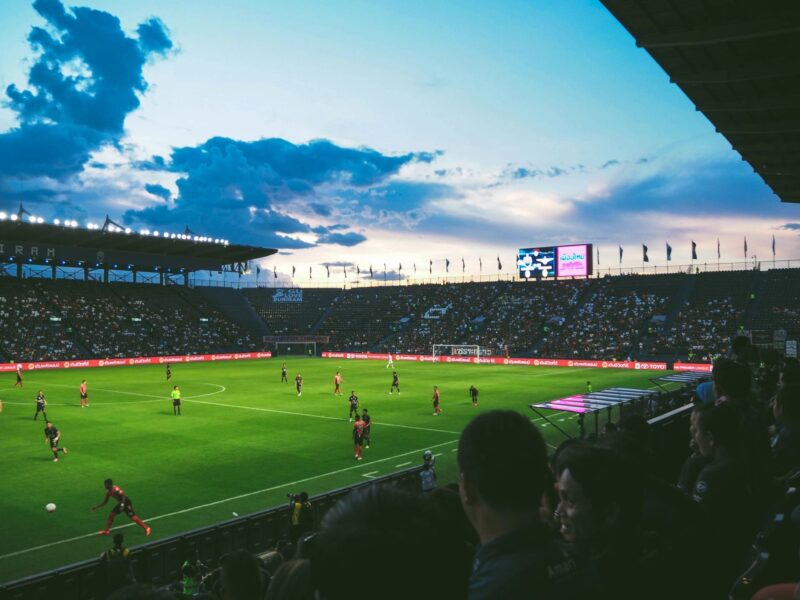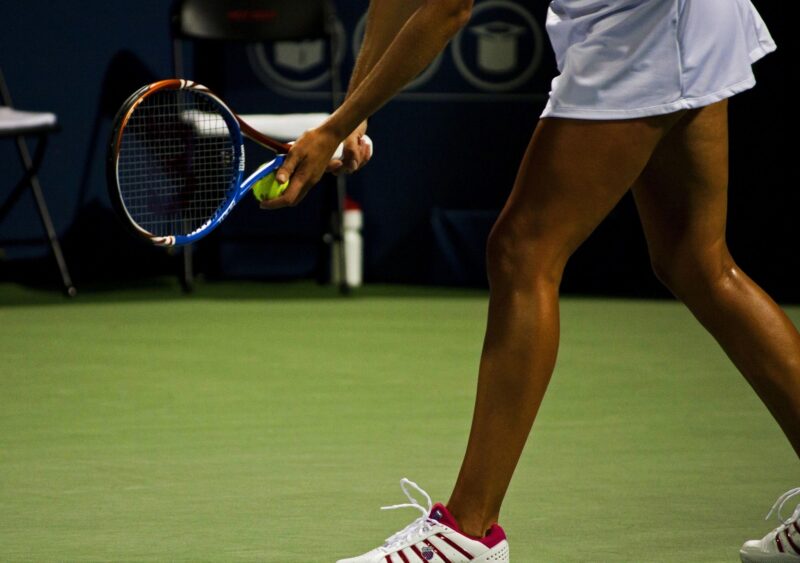In virtually every culture around the world, sport’s social and cultural prevalence is hugely significant. Elite athletes are well-known icons; sport involvement makes up a significant pastime for both children and adults; and loyalties to local or professional teams can often define one’s community and life rhythms. Sport has a profound influence on how many people see the world. Because of this, it can provide an effective platform for propelling social inclusion and change.
Historically, sport has not represented an inclusive space for many sexual identities – in fact, in some ways sport has proven a hostile environment for both recreational and elite queer and transgender athletes. Thankfully, this is changing.
Sport is becoming a landscape that is working to propel inclusion and raise awareness for marginalized communities and groups of all types. From highly elite franchises to small community sports programs, sport is taking on a new outlook and becoming a leading conduit for contributing to inclusion efforts in communities and peoples around the globe.
Sport: An Ideal Arena for Inclusion
Involvement in sports activity can be a hugely beneficial practice for just about anyone. Because of its natural rhythms, regularity, physical activity, and communal nature, sport involvement can be a highly effective antidote for social isolation. Its benefits are widespread. And thanks to sport’s availability and variability, it is a pastime that can benefit a huge range of individuals.
Sport has historically proven itself as a mechanism that can create change not just within its own functions but that has influenced widespread shifts throughout the larger cultures in which it operates. Because of this, using sport as a vehicle to promote societal inclusion for marginalized identities can prove highly effective and beneficial.
The Nuances of Inclusion in Sport Settings
The nature of sport makes it an effective space for promoting and practicing inclusion. Practicing effective inclusion in sport necessitates awareness and proactive conversations about how inclusion of some identities can add a layer of nuance. These conversations are vital to the process of facilitating inclusion throughout other areas of society.
For instance, one such area where sport can further the inclusion conversation and equip society to operate more inclusively is that of navigating the physical complexities and presentations amongst individuals of minority sexual identities. Transitioned or transitioning athletes undergo physical shifts that change their outward appearances and affect their physical performance and ability.
In a space of physical competition and structured performance like sport, gender and transgender needs require thoughtful treatment to maintain the integrity and fairness of the competition for everyone involved. Inclusion efforts for various sexual identities have significantly increased over the past decade in sport arenas of varying types and levels, requiring robust development of best practice and increasing understanding of how sexual identities integrate with the sport world. These conversations have raised global awareness about the nuances of sexual variance, identity and have propelled conversations in other spheres that have aided inclusion efforts outside sport.
Other marginalized identities that benefit profoundly from increased awareness and inclusion practice in sporting arenas include ethnic minorities, refugees and asylum seekers, differently abled individuals, and those with mental health difficulties. Involvement in sport for marginalized groups, particularly in the areas of physical handicaps or differing abilities, can sometimes require innovative programming tweaks to make sport work effectively and provide the value it can.
Changing traditional stereotypes and stigmas plays a huge part in inclusion efforts of any kind. Gender norms, bullying behavior, and patriarchal thinking are still entrenched in some corners of sport culture and continue to dominate attitudes towards marginalized identities. These often reflect non inclusive attitudes and stances that exist in other subcultures and areas within larger culture. By encouraging inclusion in influential sport spaces and through the influence of influential sport figures and entities, sport can help dispel these trends not only within the wider world of sport but in other societal spaces as well.
How Sport Plays a Vital Role in Inclusion Efforts
Because of sport’s wide influence and unmatched visibility in many ways, it provides a vehicle for propagating more inclusive narratives and advancing their adoption in the culture at large.
Sport can help normalize marginalized identities that would historically have needed to remain completely hidden or unacknowledged. Throughout history, a wealth of identities ranging from those of non-heterosexual orientation to ethnic minorities, persons of color, differently abled individuals, and those with mental or intellectual difficulties would largely have been ostracized, despised, or criticized. Because of its influence, sport (as well as the athletes and figures that operate in the sport world) is an arena where individuals of non-heterosexual orientations can be visible and heralded by sometimes national and international audiences.
What elite and professional sport can accomplish at more mainstream but less personal levels can be achieved by community, recreational, and grassroots sport in more community-oriented, person-centered environments. Sport can help introduce people who may not have personal experience with a range of marginalized identities to those individuals in casual and positive environments, dispelling harmful stereotypes by building personal connections and relationships.
Inclusive sport also provides vital opportunities for marginalized individuals of various kinds to find deep, meaningful community and social connections. Sport activities that are intentionally inclusive provide safe and affirming environments for persons who can often face isolation and misunderstanding in other arenas of life. Sport programs and organizations are increasingly using their platforms and rhythms to propel inclusion efforts amongst their participants, communities, fan bases, and geographical locations. Sport can provide a huge catalyst for increasing inclusion around the world and for people from all walks of life.


